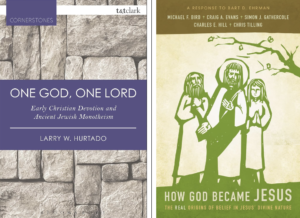
I. Skepticism Toward the Gospels’ Witness of the Deity of Christ
Bart Ehrman rejects the deity of Christ for two reasons. First, he insists that Jesus did not claim to be God during his lifetime and neither did his disciples. Second, Christian beliefs about Jesus Christ changed over time. The disciples initially regarded Jesus as a man, but after reportedly having experiences of visions of the resurrected Jesus, they concluded that since the exalted Jesus was no longer physically present on earth, God must have taken him to heaven. The Son of Man became the Son of God. At the beginning, there was no belief in the pre-existence of Jesus, but over time the pre-existent Christ was adopted in order to explain the incarnation. Ehrman postulates that the deification of Jesus was due to the influence of pagan mythologies and Jewish angelology.
Ehrman finds no evidence from the gospels that Jesus went about Palestine publicly declaring “I am God.” However, Ehrman fails to consider the historical context which led Jesus to refrain from making such a public declaration. Instead of weighing calmly Jesus’ declaration of deity, the Jews would have reacted violently to Jesus as one guilty of blasphemy. They did try to stone him, after all. It would have been futile for Jesus to try to convince the intransigent Jews who had already made up their minds to reject Jesus’ teaching, no matter what evidence he could offer to back up his claim. Continue reading “Bart Ehrman’s Historical Revisionism. Part 3/3. Ehrman Misplaces Jesus among the gods”
 Question: Matthew cites Isa. 7:14 and says it is fulfilled by the birth of Jesus. However critical scholars argue that in the context of Isaiah 7, this verse is about a child born during the time of Ahaz. How would evangelical scholars like you respond to this critical scholarship?
Question: Matthew cites Isa. 7:14 and says it is fulfilled by the birth of Jesus. However critical scholars argue that in the context of Isaiah 7, this verse is about a child born during the time of Ahaz. How would evangelical scholars like you respond to this critical scholarship?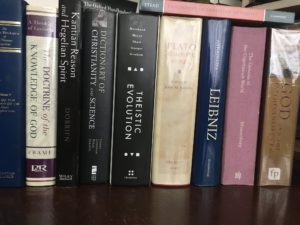
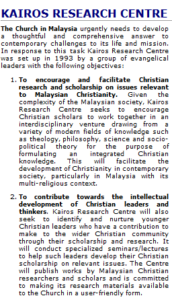
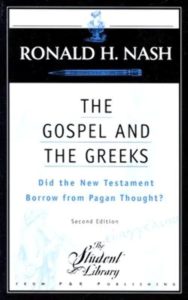

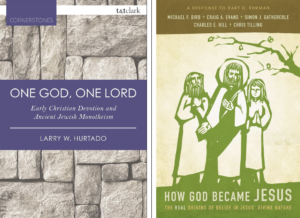
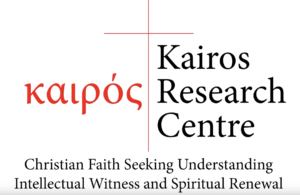
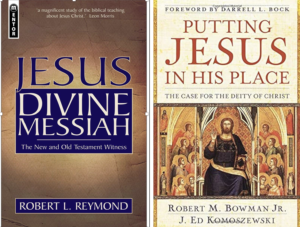 Orthodoxy and Heresy in Earliest Christianity
Orthodoxy and Heresy in Earliest Christianity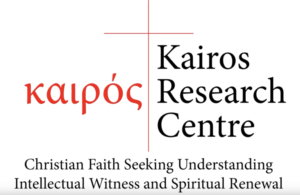
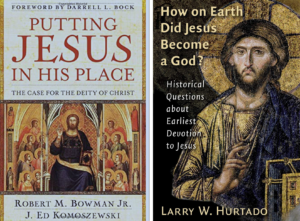 Question: How did the apostles and early Christians come to believe in the deity of Christ?
Question: How did the apostles and early Christians come to believe in the deity of Christ?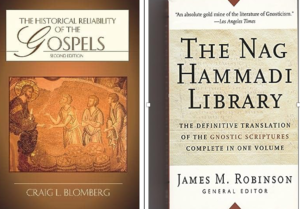 Question: But critics like Elaine Pagels & Bart Ehrman argue that this traditional history of orthodoxy is skewed because it grants greater authority to the canonical gospels and ignores the other (gnostic ) gospels. Why do you think the canonical four gospels provide more accurate historical information about Jesus than the gnostic gospels?
Question: But critics like Elaine Pagels & Bart Ehrman argue that this traditional history of orthodoxy is skewed because it grants greater authority to the canonical gospels and ignores the other (gnostic ) gospels. Why do you think the canonical four gospels provide more accurate historical information about Jesus than the gnostic gospels?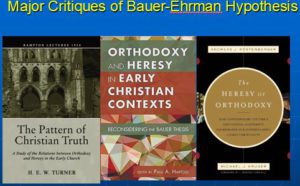 Question: Many secular university scholars argue that there was diversity of Christian beliefs in the early church as different sects competed with one another for influence. When the sect in Rome gained power it declared itself orthodox and condemned the other sects like Gnosticism to be heretical. What is your response?
Question: Many secular university scholars argue that there was diversity of Christian beliefs in the early church as different sects competed with one another for influence. When the sect in Rome gained power it declared itself orthodox and condemned the other sects like Gnosticism to be heretical. What is your response?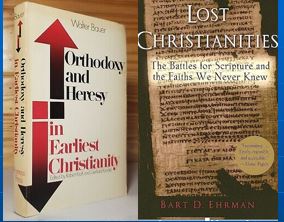 A. Bauer-Ehrman Revisionist History – “Heresy Preceded Orthodoxy”
A. Bauer-Ehrman Revisionist History – “Heresy Preceded Orthodoxy”